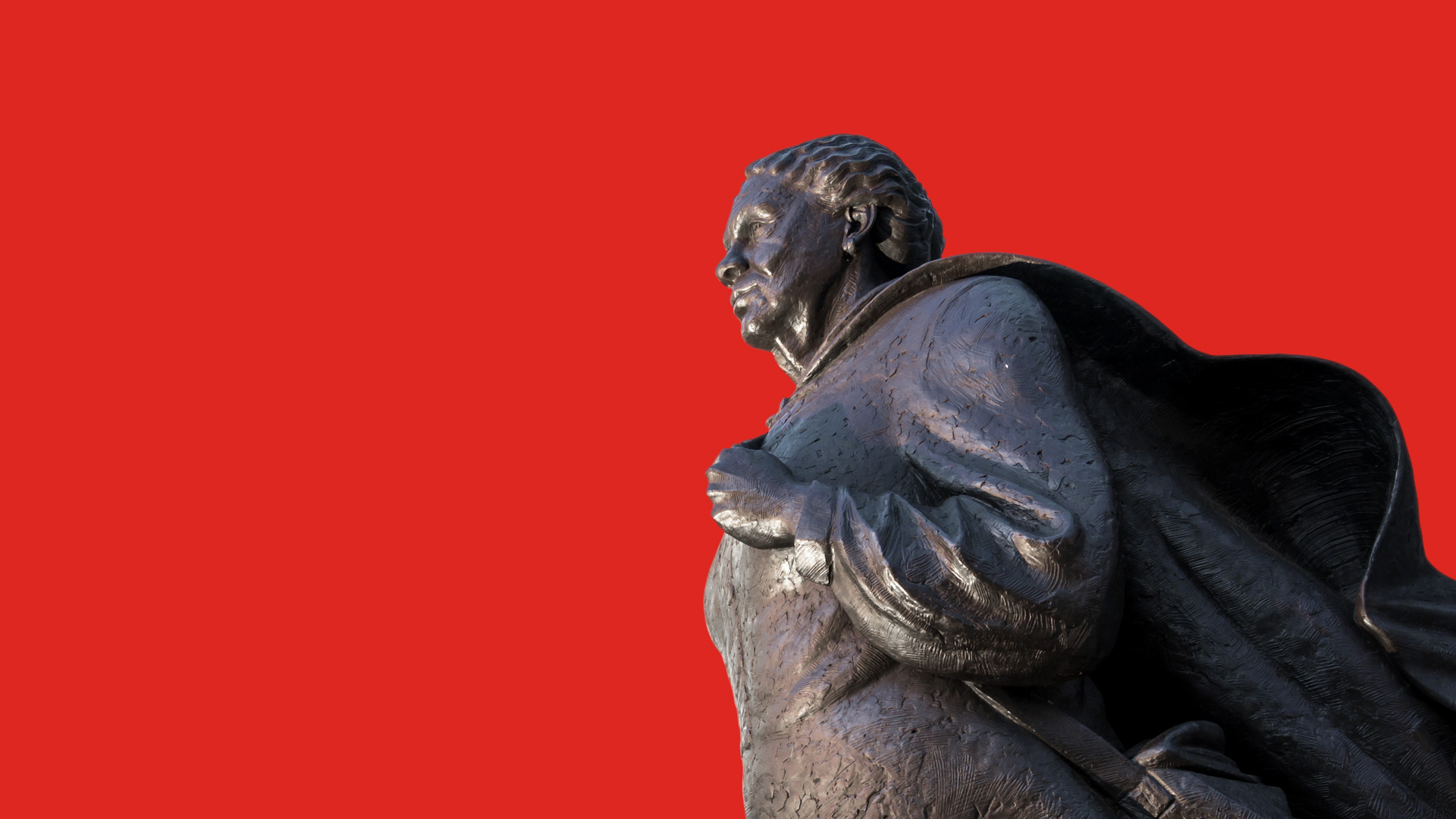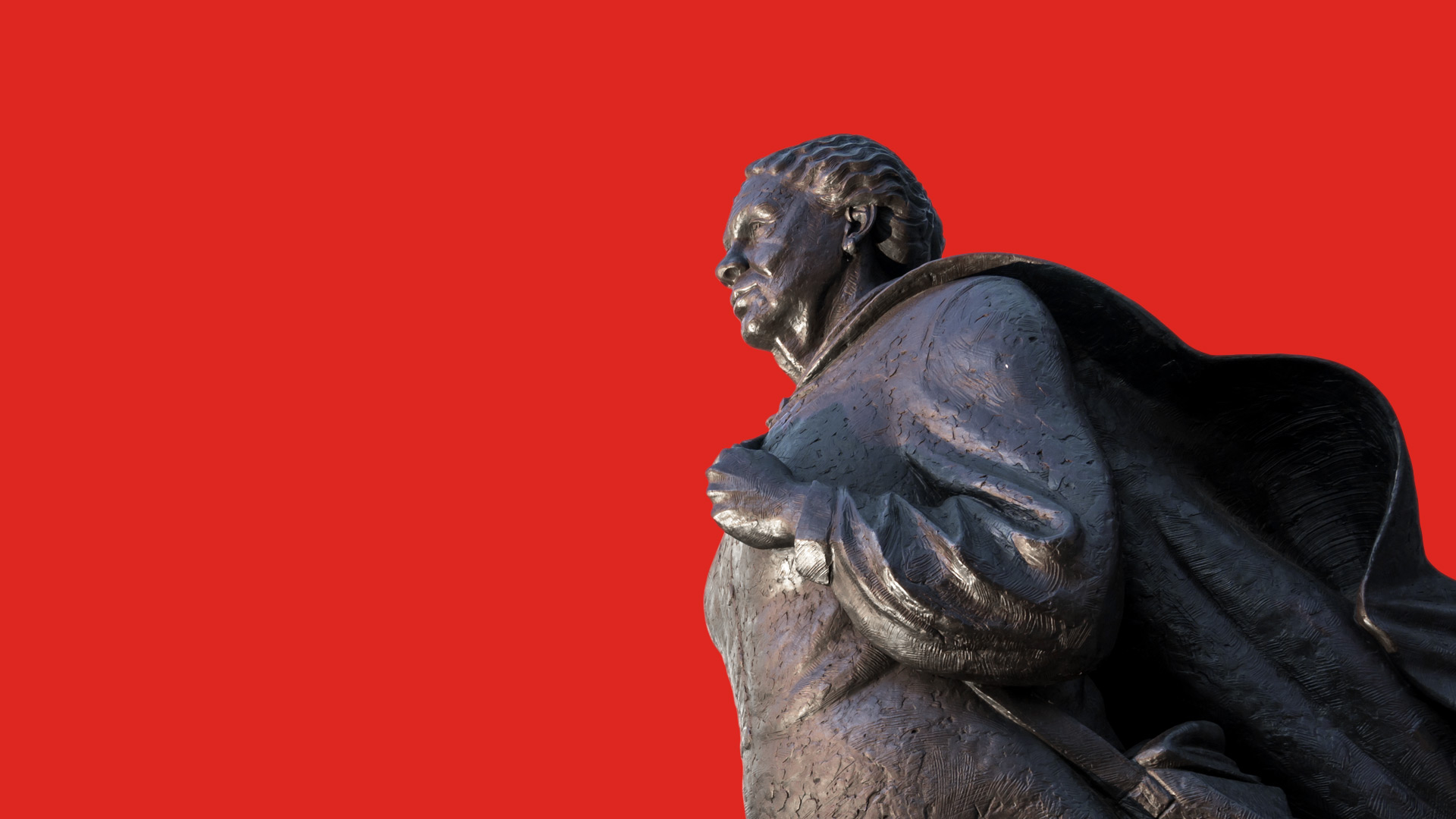
Arbitrator conduct in international arbitration
Lessons learned from the Sun Yang case
Global | Publication | giugno 2021
Introduction
The setting aside by the Swiss Federal Supreme Court of a high-profile Court of Arbitration for Sport (CAS) award involving the decorated Chinese swimmer, Sun Yang, has shone a light on arbitrator conduct and the issue of arbitrator bias. Avoiding arbitrator bias is of course not only at the heart of ensuring a fair outcome in the interests of justice on a case-by-case basis, but of course also a vitally important pervasive issue in order for there to be faith in the sanctity of the process and the propriety of proceedings. These are emotive issues, and the Sun Yang case demonstrates not only the importance of avoiding bias but also avoiding perceptions of bias.
Background
In February 2020, CAS upheld an eight-year ban imposed on Sun Yang by the international governing body of swimming (the Fédération Internationale de Natation (FIN)). The ban followed an incident in September 2018 when Sun Yang, who had a previous doping violation, was visited by testing agents and required to provide a sample of blood. Sun Yang provided a sample, however, after a stand-off with respect to anomalies in the credentials of the testing agents, it is alleged that the blood sample was destroyed by Sun’s entourage and the testers left without a sample.
An initial decision ruled that the International Standard for Testing and Investigations used by the World Anti-Doping Agency (WADA) had not been followed by testers and that Sun Yang had not breached the rules. An appeal was later lodged by WADA at CAS. The ensuing arbitration resulted with an award in favour of WADA, finding that Sun Yang had violated the doping rules by tampering with the testing samples. An eight-year ban was upheld.
Challenge
A challenge to the Award was brought, focusing on a series of tweets by the President of the Tribunal, which were made after his appointment and before the Award. In these tweets, the President of the Tribunal had commented on animal welfare issues in China, including in language that the SFSC described as “problematic” and “violent” language.
The SFSC balanced the arbitrator’s rights in principle to defend their convictions on social networks with the requirement that they “must do so with the restraint of judges”. The arbitrator’s choice of words and repeated use of violent expressions in the tweets allowed the court to objectively justify the doubts of impartiality and annulled the award.
The court also found that the timing was not an issue despite grounds of impartiality needing to be raised immediately upon becoming known or risk being forfeited. As Sun Yang was found to have sufficiently investigated for any potential indications of impartiality from the tribunal, there was no issue on raising the point after the award had been issued.
The CAS will have to render a new award under a new panel and, in the meantime, Sun Yang is free to swim again.
Commentary
An important benefit of arbitration is the relative finality of awards and that the ability to overturn them is rightfully limited, with successful challenges rare. Arbitrator bias is a proper ground for successful challenge in the natural interests of justice.
But this case shines a light on the sometimes difficult balance to be struck between the rights of individual arbitrators freely to expressly themselves on political issues, and the need for decisions to be impartial in the interests of justice and for there to be confidence in the impartiality of those decisions. This applies to private commercial arbitrations as well as arbitration awards that are more likely to be in the public domain (as with sports and investment arbitration, for example). As the SFSC put it, there is a need for arbitrators to act “with the restraint of judges”.
But arbitrators are not judges. They are, of course, important actors in the administering and rendering of justice, particularly in the examples of both CAS arbitration and also investment arbitration, where decisions are far more likely to be in the public domain. However, unlike judges, arbitrators are not retained by the public purse in order to be able to serve a public function as a judicial wing of government. They typically have private careers outside of the specific arbitration in which they are appointed to perform the function of reaching an unbiased decision. Further, the freedom to choose an arbitrator (of any specific qualification) is an important fundamental tenet of arbitration.
It is therefore perhaps arguably not appropriate that they be expected to act with the restraint of the judiciary. However, the Sun Yang decision highlights that they must nevertheless expect to have their public words and actions scrutinised and on occasion used as the basis for a challenge to their decisions.
All arbitrators do well to remember that justice must be done and must also be seen to be done.

Featured
Subscribe and stay up to date with the latest legal news, information and events . . .

